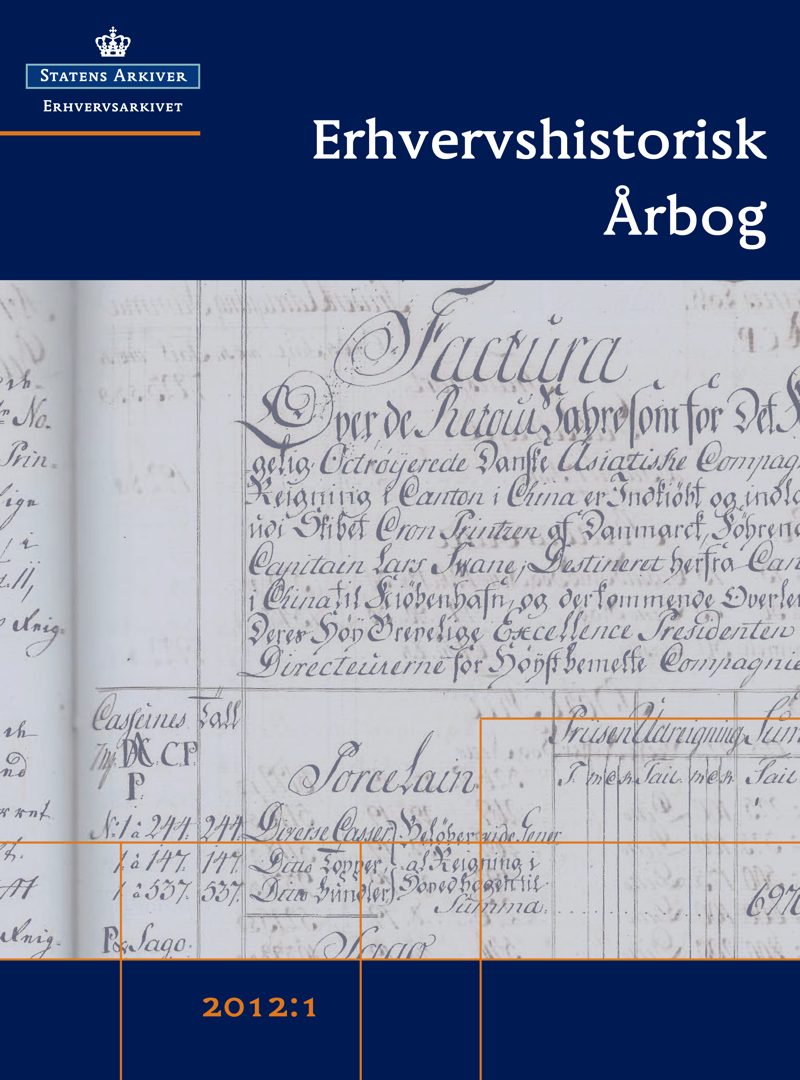Om den gode videnskabelige dialog – en kommentar
Abstract
Det er en velkendt kendsgerning, at den økonomiske mainstream tænkning gennem tiderne har været udsat for en større eller en mindre kritik. I moderne tid har kritikken især været markant fra de såkaldte heterodokse økonomers side. Forstærket af de seneste års internationale finanskrise og generelle økonomiske tilbageslag er interessen for et alternativ til mainstream af helt indlysende årsager blevet aktualiseret. I denne forbindelse har der også været en diskussion af, hvorledes heterodokse elementer bedst slår igennem inden for især den makroøkonomiske mainstream. Hvordan får de heterodokse bedst kommunikeret deres budskab ud med den størst mulige gennemslagskraft til følge? Om denne dialog omhandler denne kommentar.References
Andersen, Torben (2000): ‘Makroteori’ fra bogen Udviklingslinier i økonomisk teori redigeret af Chr. Hjorth-Andersen, 2000, s. 19-43.
Colander, David et al. (2010): ‘How to win friends and (possibly) influence mainstream economics?, Journal of Post Keynesian Economics, Spring 2010, s. 397-408.
Colander, David et al. (2007-8): ‘Live and Dead Issues in the Methodology of Economics, Journal of Post Keynesian Economics, Winter 2007-8, s. 303-12.
Colander, David et al. (2004): ‘The Changing Face of Mainstream Economics’, Review of Political Economy, October 2004, s. 485-99.
CW (XIII) : The Collected Writings of John Maynard Keynes, Vol. XIV, The General Theory and After, Part I: Preparation, Macmillan Cambridge University Press 1973.
Davidson, Paul (2011): Post Keynesian Macroeconomic Theory, 2nd edition, Edward Elgar, 2011.
Davidson, Paul (2009): ‘Reply to contributors to the discussion of the central themes of John Maynard Keynes’, Journal of Post Keynesian Economics, Fall 2009, s. 73-81.
Davidson, Paul (2005): ‘Responses to Lavoie, King, and Dow on what Post Keynesianism is and who is a Post Keynesian’, Journal of Post Keynesian Economics, Spring 2005, s. 393-408.
Davidson, Paul (2003-4): Setting the record straight on A history of Post Keynesian Economics’, Journal of Post Keynesian Economics, Winter 2003-4, s. 245-72.
Davidson, Paul (1991): ’Is Probability Theory Relevant for Uncertainty? A Post Keynesian Perspective’, The Journal of Economic Perspectives, Winter 1991, s. 129-43.
Davidson, Paul (1984): ’Reviving Keynes’s revolution’, Journal of Post Keynesian Economics, Summer 1984, s. 561-75.
Davidson, Paul (1982-3): ’Rational expectations: a fallacious foundation for studying crucial decision-making processes’, Journal of Post Keynesian Economics, Winter 1982-2, s. 182-98.
Dequech, David (2007–08), ‘Neoclassical, mainstream, orthodox, and heterodox economics’. Journal of Post Keynesian Economics, Winter 2007–08:279–302.
Dow, Sheila (1996): The Methodology of Macroeconomic Thought – A Conceptual Analysis of Schools of Thought in Economics, Edward Elgar 1996.
Jespersen, Jesper (2011): Macroeconomic Methodology: a Post-Keynesian Perspective, Edward Elgar, 2011.
Fazzari, Steven (2009): ’Keynesian macroeconomics as the rejection of classical axioms’, Journal of Post Keynesian Economics, Fall 2009, s. 3-18.
Hayek, F.A. (1931): ‘Reflections on the Pure Theory of Money of Mr. J.M. Keynes’, Economica, August 1931, s. 270-95.
Kurz, Heinz (2010): On the Dismal State of a Dismal Science?’, Homo Oeconomicus, vol. 27 (3) 2010, s. 369-94.
Lawson, Tony (2012): ‘Mathematical Modelling and Ideology in the Economics Academy: competing explanations of failings of the modern discipline?’, WEA: Economic Thought, January 2012.
Lawson, Tony (2009): The current economic crisis: its nature and the course of academic economics’, Cambridge Journal of Economics 2009, s. 759-77.
Marcuzzo, Maria Christina (2008): ‘Keynes and Persuasion’ fra bogen Keynes for the Twenty-First Century, edited by Mathew Forstater and L. Randall Wray, Palgrave Macmillan 2008, s. 23-40.
Olesen, Finn (2010): Paul Davidson – en førende post keynesianer fylder 80’, Samfunnsøkonomen 2010, Nr. 7, s. 28-34.
Olesen, Finn (2009): History matters – også for økonomer’, Samfundsøkonomen 2009, Nr. 6, s. 18-22.
Olesen, Finn (2009a): ‘Idealiseret versus faktisk økonomisk adfærd – nogle makroøkonomiske implikationer’, Samfunnsøkonomen 2009, Nr. 4, s. 4-10.
Perregaard, Henrik Preben (1984): ‘Er forskersamfundet humant?’, Memo 1984-3, Økonomisk Institut, Aarhus Universitet.
Popper, Karl (1996): Kritisk rationalisme. Udvalgte essays om videnskab og samfund, Nyt Nordisk Forlag Arnold Busck 1996.
Skott, Peter (2010): ‘The Great Detour’, Homo Oeconomicus, vol. 27 (2) 2010, s.338-43.
Vernengo, Matías (2010): ‘Conversation or monologue? On advising heterodox economists’, Journal of Post Keynesian Economics, Spring 2010, s. 389-96.
Woodford, Michael (1999): ‘Revolution and Evolution in Twentieth-Century Macroeconomics’, Conference paper: Frontiers of the Mind in the Twentieth-First Century, U.S. Library of Congress, Washington D.C., June 1999.
Downloads
Published
How to Cite
Issue
Section
License
Ophavsret til artikler publiceret i Erhvervshistorisk Årbog er fastlagt i henhold til den modelaftale, License to publish, som UBVA har offentliggjort under rubrikken Ophavsret og forskningspublicering. Indsendelse af en artikel til Erhvervshistorisk Årbog indebærer en accept af dette. Modelaftalen kan findes ved hjælp af dette link: http://www.ubva.dk/Forside





